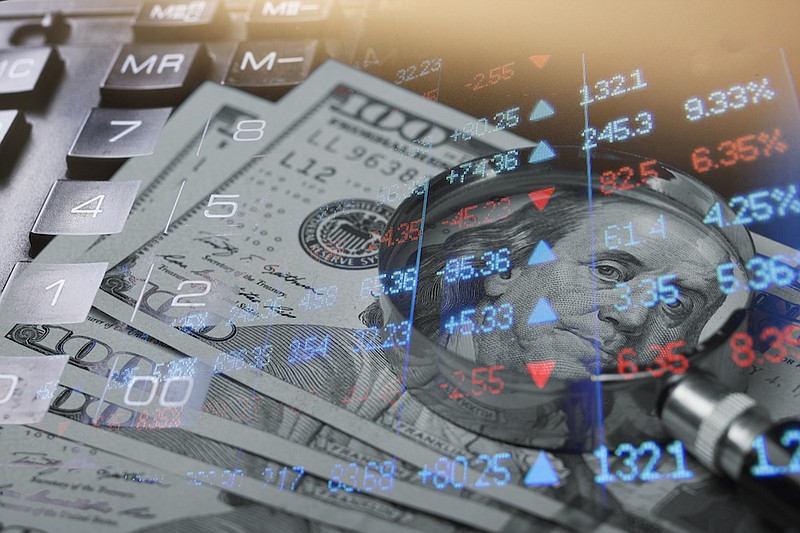As the extent and brutality of the Russian invasion of Ukraine has intensified, the United States, the European Union and the North American Treaty Organization (NATO) have responded with a remarkably consistent and unified regime of economic sanctions targeted at strangling the Russian economy. Last Saturday, the White House announced agreement on prohibiting certain Russian financial institutions for accessing the SWIFT global payment processing network. This step is so significant that the French Finance Minister dubbed it the "financial nuclear option", and yet many people are unfamiliar with SWIFT or just how important it is to the efficient functioning of the global financial system.
Headquartered in Brussels, the Society for Worldwide Interbank Financial Telecommunication (SWIFT) is a massively interconnected communication network used to initiate, verify and transmit instructions about cross-border money and securities transfers around the globe. The organization is a non-profit consortium owned and governed by member financial institutions including many large banks, brokerage firms and central banks like the Federal Reserve and the Bank of England. The membership currently includes over 11,000 financial institutions in 213 countries and processes over half of all international financial transactions.
While SWIFT does not actually move any money, the system is relied upon to rapidly convey instructions regarding transfers between banks in different countries and validate those instructions quickly and electronically. Think of it as the Instant Messager for international finance.
Prior to 1977, financial transfers between banks in different countries required cumbersome and time-consuming manual communications over the primitive telecommunication service known as Telex (if you're over 50, ask your dad or watch a 1960's spy movie).
SWIFT was founded in 1973 by a collective of European and North American banks and originally included 239 institutions in 15 countries. Initial work focused on setting standards and designing a computer system for transmitting transaction instructions under a unified protocol. The system went live in 1977 and expanded rapidly. Today, SWIFT processes over 40 million instructions every day and facilitates the transfer of trillions of dollars' worth of cash and securities.
Excluding Russian banks from accessing the SWIFT network was considered an extreme measure and was not initially supported by some EU members, especially Germany. However, as the scope of Russia's incursion expanded, German Chancellor Olaf Scholz joined with President Biden to support the expulsion of some key Russian banks from the network. Which banks are subject to exclusion is still under discussion, but the step is a major pillar in the sanctions regime aimed at punishing President Putin for the largest ground invasion of a sovereign nation since World War II.
Cutting off access to the system would make it much more difficult for Russia to engage in international trade necessary to finance its war machine. Oil and gas production makes up over 30% of the Russian economy and 60% of its exports, most of which are paid for in U.S. dollars or other currencies other than rubles. Russia is also a major exporter of agricultural products to Europe. Denying access to SWIFT would complicate or obviate the ability of Putin to raise the revenue to fight the war or feed his people and if draconian enough, could bring his economy to a near standstill.
Such aggressive measures are not without cost to West. Germany, for example, relies upon Russia for over 50% of its natural gas supplies, and some EU members are completely dependent upon Russia for their energy supplies. So far, carve-outs have been allowed for energy exports and Russian gas continues to flow, but tightening the screws will inflict serious pain on European economies and raise gas prices in the United States even further, which makes the unity of the Western response all the more impressive. Just because an action in necessary does not make it easy.
Other financial sanctions have already had a major impact on Putin's economy. President Biden on Monday cut off Russia's access to its substantial stash of US dollars on deposit at American banks, causing the ruble to crash even further, sending interest rates above 20%, driving inflation above 70%, and halting trading in the Russian stock market. An announcement of which banks will be blocked from utilizing the SWIFT network will intensify the pain significantly.
Many of us may not fully appreciate just how integrated the global financial system has become, even among nations that are generally adversarial. Blocking Russia's access to the SWIFT network is a big deal and will provide a real time glimpse into just how interconnected we are.
Christopher A. Hopkins is a chartered financial analyst in Chattanooga.
